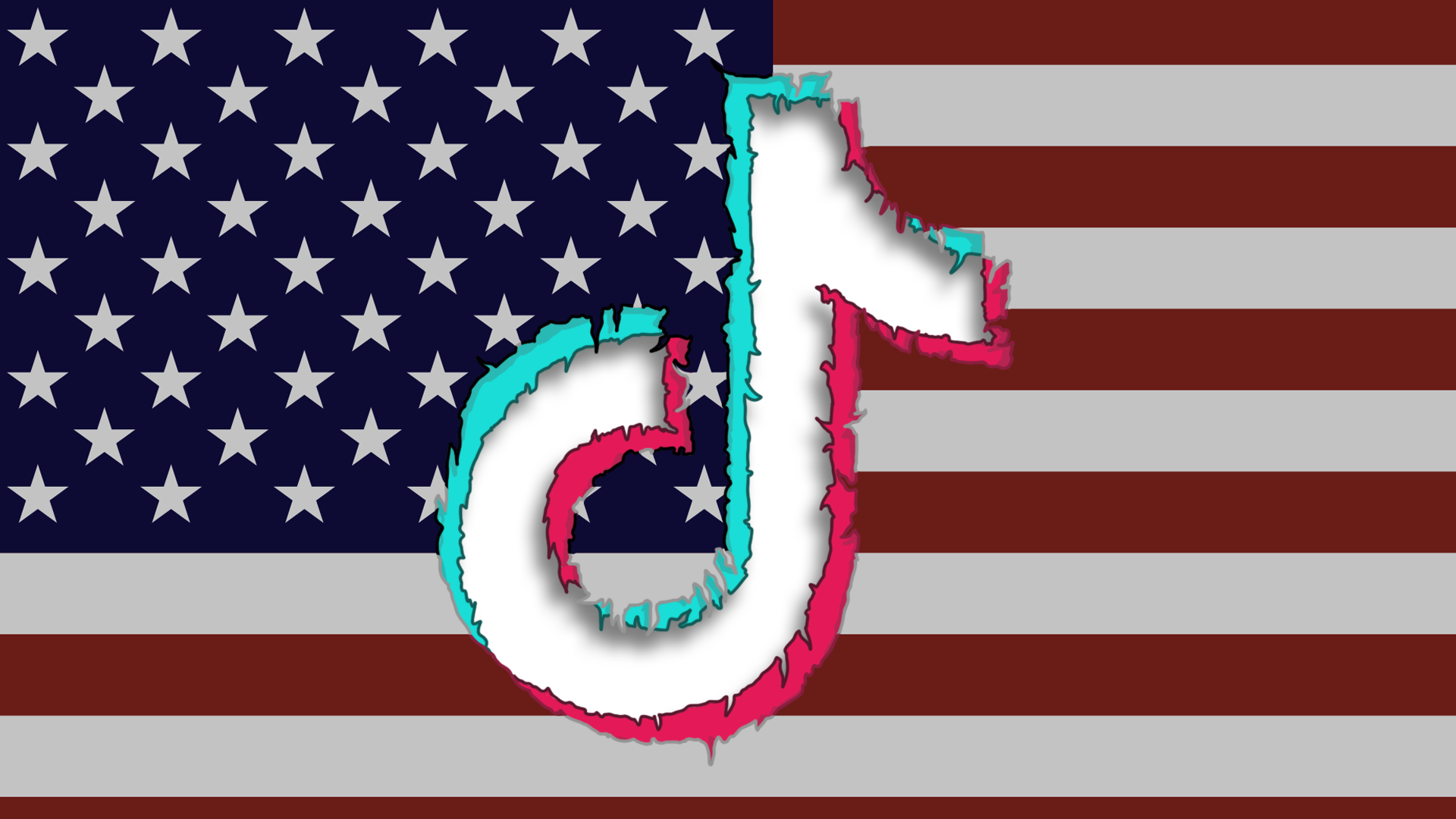Welcome to the latest episode of "The Internet vs. Governments," where data privacy, geopolitics, and viral dances collide in a TikTok saga juicier than your favorite drama series. If you've been doom-scrolling through headlines, you’ve probably seen whispers (and shouts) about TikTok’s potential ban in the U.S. Here’s the TL;DR: TikTok, the app that turned your 12-year-old cousin into a content creator, is under fire—again.
So, why is TikTok the star of this dystopian drama? And what does this mean for you, the user who just wants to watch oddly satisfying videos at 2 a.m.? Let’s unpack everything, Windscribe-style: no fluff, just facts, and a bit of snark.
The Backstory: A Love-Hate Relationship
Let’s rewind to 2020, the year that felt like a bad fever dream. TikTok was first thrust into the spotlight as a national security risk. Back then, former President Donald Trump issued executive orders to ban the app, citing concerns over data privacy and potential Chinese government influence (TikTok’s parent company, ByteDance, is based in China).
The proposed solution? Force ByteDance to sell its U.S. operations to an American company. Microsoft, Oracle, and Walmart were thrown into the mix as potential buyers because apparently, nothing screams "data security" like a retailer best known for rollback prices.
The ban didn’t stick, thanks to legal challenges and a lack of follow-through. TikTok’s Gen Z fans breathed a collective sigh of relief and went back to their trending dances. But the story didn’t end there—it’s just been simmering on the back burner.
Fast Forward to 2025: TikTok’s Back in the Hot Seat
Fast-forward to today, and TikTok’s back on Capitol Hill’s naughty list. Lawmakers are more concerned than ever about TikTok’s potential to hoard data like a dragon hoards gold. U.S. officials claim TikTok could provide user data to the Chinese government, a scenario that’s about as comforting as a glitchy VPN during a live stream. Here are the main reasons why TikTok’s in trouble:
- Data Privacy: Critics argue that TikTok’s collection of user data—from browsing history to location data—poses a national security threat. Imagine the Chinese government knowing how often you binge-watch cleaning hacks; it’s unsettling.
- Algorithmic Influence: TikTok’s algorithm is a mystery wrapped in an enigma. Lawmakers worry that it could be used to spread propaganda or manipulate public opinion. That’s right, your For You Page could theoretically be weaponized.
- China’s National Intelligence Law: This law requires Chinese companies to cooperate with government intelligence efforts. While TikTok insists U.S. data is stored on American soil and independent from ByteDance, skeptics aren’t buying it.
What’s the Latest with the TikTok Bans?
The Biden administration hasn’t been any friendlier to TikTok. Lawmakers from both parties have introduced bills to restrict or outright ban the app, making this one of the few bipartisan issues in an otherwise divided Congress. Key developments include:
- State Bans: Several states have already banned TikTok from government-issued devices. That means no lip-syncing during your lunch break if you’re a public employee.
- FEDERAL Ban?: There’s growing momentum for a nationwide ban. Some lawmakers are pushing for TikTok to either sell its U.S. operations or face the digital guillotine.
- Project Texas: TikTok has launched "Project Texas," an initiative aimed at storing U.S. data on domestic servers managed by Oracle. But critics argue it’s too little, too late.
TikTok Around the World: The Global Context
Before you start chanting "Free TikTok!" in the streets, let’s zoom out. The U.S. isn’t the only country grappling with TikTok-related headaches:
- India: TikTok has been banned in India since 2020 over similar security concerns. The ban hasn’t been lifted, and the app’s absence paved the way for homegrown alternatives.
- European Union: The EU has also raised concerns about TikTok’s data practices. Some member states have implemented restrictions, and the company faces hefty fines if it fails to comply with stricter regulations.
Additionally, platforms like Huawei and WeChat have faced scrutiny or bans, showcasing a pattern of mistrust toward Chinese tech giants. This highlights an ongoing global trend of app bans as governments grapple with the digital sovereignty vs. data privacy debate.
What Does the TikTok Ban Mean for You?
If TikTok gets the boot, it’ll leave a gaping void in the social media landscape. Sure, Instagram Reels and YouTube Shorts might step in, but let’s be honest—it’s just not the same. For creators, a ban could mean losing audiences and revenue streams. For users, it’ll mean fewer oddly specific niche videos that make you wonder, “How did TikTok know I needed this?”
For now, TikTok’s fate hangs in the balance. If you’re worried, here’s what you can do:
- Download Your Data: TikTok lets you export your account data. Use it while you still can.
- Diversify Your Platforms: If you’re a creator, start building an audience on other apps. Remember, Vine walked so TikTok could run.
- Get a VPN: In case of a ban, a VPN might help you access TikTok, though we’re not suggesting you break any laws (wink, wink). With Windscribe, it’s easy to set up a VPN on both Android and iOS:
The Bigger Picture: Data Privacy Matters
Whether TikTok stays or goes, the debate highlights a broader issue: how tech companies handle your data. Spoiler alert: not great. TikTok’s saga should make you think twice about what you’re sharing online. Luckily, this problem doesn’t apply to Windscribe users. We don’t store your personal data—period. Your browsing history, IP address, and personal details remain yours and yours alone.
This commitment to privacy sets us apart from platforms that monetize your information. So while TikTok’s data drama unfolds, rest assured that Windscribe has your back.

Is the TikTok Ban Racist?
The potential TikTok ban has sparked debates about whether it’s rooted in legitimate concerns or xenophobia. Critics argue that targeting a Chinese-owned app while turning a blind eye to data practices of U.S.-based companies like Facebook and Google reeks of a double standard. Others point to the broader context of anti-China sentiment in U.S. politics, which has intensified in recent years.
Meanwhile, proponents of the ban insist it’s not about race but about protecting national security. Whatever the case, the conversation highlights the fine line between safeguarding interests and perpetuating bias.
"TikTok has never shared, or received a request to share, U.S. user data with the Chinese government. Nor would we honor such a request if ever made." - TikTok CEO Shou Zi Chew
Final Thoughts: Is This the End of TikTok?
While TikTok’s future in the U.S. looks uncertain, it’s clear the app has left an indelible mark on culture. From viral challenges to educational content, TikTok has changed the way we consume media. Whether it survives or not, one thing’s for sure: the conversation about data privacy and tech regulation is far from over.
And if history has taught us anything, platforms rise and fall—but the internet always finds a way. So, grab your popcorn, open your favorite encrypted browser, and stay tuned. This show’s just getting started.











